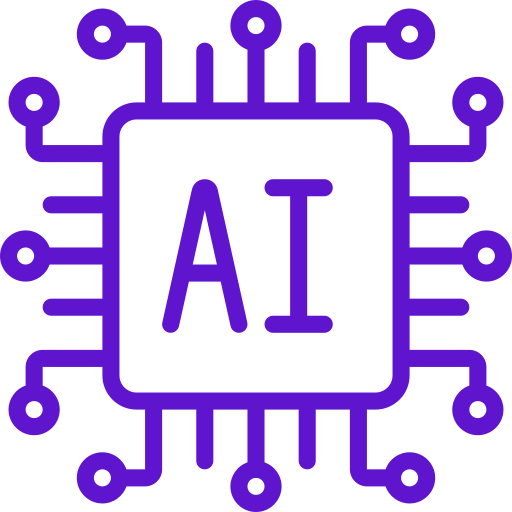
by GoodWorkLabs | Jul 5, 2022 | PHP, Technology
The popularity of PHP as one of the most efficient programming languages is backed by the seamless integration of the language with prevalent CMSes like Drupal and WordPress. It is even opted by modern app developers using frameworks like Laravel and Symfony. However,...

by GoodWorkLabs | Jul 4, 2022 | PHP, Technology
PHP is one of the most popular languages in the world, used by most websites thanks to the popularity of content management systems such as WordPress or Drupal. Recently though, JavaScript-based Node.js has seen popularity but PHP is often considered more innovative...

by GoodWorkLabs | Jun 4, 2022 | PHP, Technology
For a digital business to succeed, one needs a strong web presence, meaning a functional, faster loading, and user-friendly website. And such a website comes with picking the correct programming language. In fact, the moment web developers from any software...





 AI & ML Advisory Services
AI & ML Advisory Services Software Development
Software Development Staff Augmentation
Staff Augmentation DevOps Consulting Services
DevOps Consulting Services Digital Transformation
Digital Transformation Talent And PRO Solution
Talent And PRO Solution Artificial Intelligence
Artificial Intelligence UX Design Studio
UX Design Studio Robotic Process Automation
Robotic Process Automation Global Capability Center(GCC)
Global Capability Center(GCC) Platform Strategy
Platform Strategy Cloud Services
Cloud Services Mobile App Development
Mobile App Development Games Development
Games Development IOT Application Development
IOT Application Development Corporate Training Services
Corporate Training Services